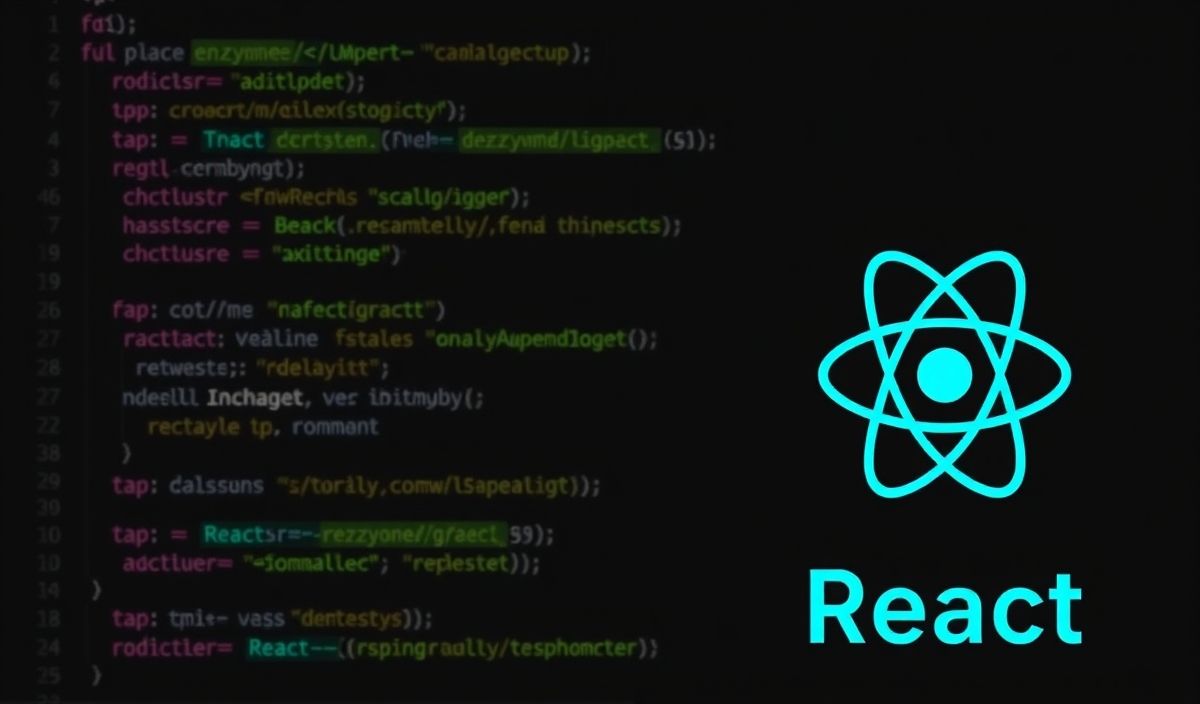Introduction to Lowdb
Lowdb is a small, local JSON database for Node, Electron, and the browser. It provides a simple API to manage data locally with no dependencies. In this article, we will explore the functionalities provided by Lowdb and their practical applications.
Getting Started
To get started with Lowdb, you need to install it first:
npm install lowdb
Next, you should require it in your project:
const low = require('lowdb')
const FileSync = require('lowdb/adapters/FileSync')
const adapter = new FileSync('db.json')
const db = low(adapter)
Basic CRUD Operations
Lowdb makes CRUD (Create, Read, Update, Delete) operations simple and efficient. Here are some examples:
Create
db.defaults({ posts: [], user: {} }).write()
db.get('posts')
.push({ id: 1, title: 'Lowdb is awesome', content: 'Exploring Lowdb...' })
.write()
Read
const post = db.get('posts')
.find({ id: 1 })
.value()
console.log(post)
// { id: 1, title: 'Lowdb is awesome', content: 'Exploring Lowdb...' }
Update
db.get('posts')
.find({ id: 1 })
.assign({ title: 'Lowdb is super awesome!' })
.write()
Delete
db.get('posts')
.remove({ id: 1 })
.write()
Advanced Features
Lowdb also provides more advanced features for complex use-cases:
Using Lodash
const _ = require('lodash')
const customDb = db.__chain = lodash.chain
const matchedPosts = db.get('posts')
.filter(post => post.title.includes('awesome'))
.value()
console.log(matchedPosts)
Custom Adapters
import low from 'lowdb';
import LocalStorage from 'lowdb/adapters/LocalStorage'
const adapter = new LocalStorage('db')
const db = low(adapter)
Practical Application Example
Here is an example demonstrating a practical application of Lowdb:
const express = require('express')
const low = require('lowdb')
const FileSync = require('lowdb/adapters/FileSync')
const app = express()
const adapter = new FileSync('db.json')
const db = low(adapter)
db.defaults({ posts: [] }).write()
app.use(express.json())
app.get('/posts', (req, res) => {
const posts = db.get('posts').value()
res.json(posts)
})
app.post('/posts', (req, res) => {
const post = db.get('posts')
.push(req.body)
.last()
.assign({ id: Date.now() })
.write()
res.status(201).json(post)
})
app.listen(3000, () => console.log('Server running on port 3000'))
In this example, we create an Express server that uses Lowdb to store and retrieve data locally.
Hope you find Lowdb as powerful and easy-to-use as we do!
Hash: 562a51e2b9fe91f7adf3806877a0943977446a9919068f410c6461d1bb6f2f31




